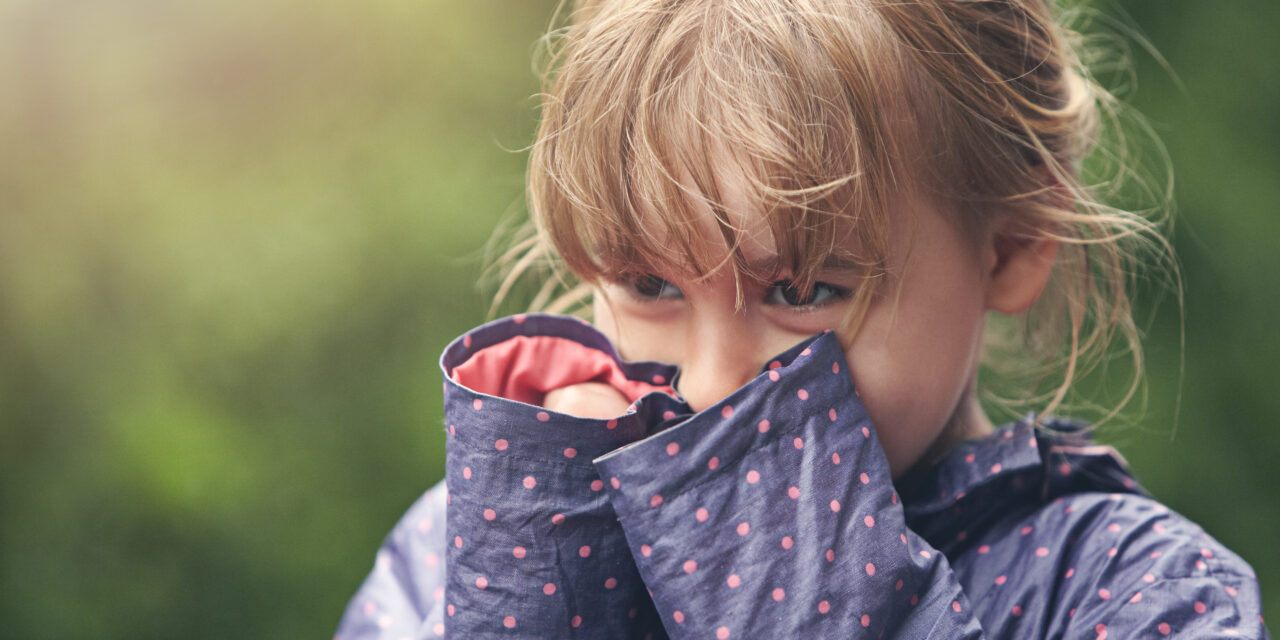My daughter is 8-years old and really doesn’t like to be around people she doesn’t know. I don’t know if it’s social anxiety or just shyness, and I want to help her with that social comfort level. What kind of activities can we do to help her without making her too uncomfortable?
When we think about it, many people don’t enjoy being around people they don’t know. This is a very normal way to feel. There is a personality type called “Introversion” that could be worth considering here. An introvert is someone who fills up their cup by focusing on their inner thoughts, ideas, and experiences. They prefer to spend their time in the company of one or two close friends rather than in a large group or around people with whom they are unfamiliar. Introverts can experience certain social situations as very depleting and will often need time in their own company or time with their closest people in order to recharge. Introversion should not be confused with “shy” or “anxious,” which are both two feelings individuals may experience in certain situations. Introverts are thought to make up around 1/3 of the population.
I always like to encourage parents to collaborate with their child. Talk to your daughter and ascertain her views on this.
How does she feel when she is around people she doesn’t really know?
How do her feelings compare to her experience of being around people that she is comfortable with?
Does she experience loneliness?
Does she prefer to spend her time with a small group of close friends?
Does she feel she has enough friends?
Does she ever feel anxious or nervous in social situations?
Does she identify her “social comfort level” as something that she needs or wants help with? If so, what does she feel would be helpful?
One of the reasons why I suggest this is because I sometimes work with families who perceive their child’s behavior as a problem to be “fixed” when the child themselves is perfectly happy enjoying a few close relationships. For them, there is no problem.
If you do decide as a family that this is something you would like to support your daughter with, be guided by her. Where is she currently comfortable, and what feels like an achievable next step? Take it one step at a time. Maybe that looks like having one friend over for a playdate in her home initially or perhaps joining a new class on weekends of an activity that interests her. The aim should be to stretch her gently out of her comfort zone whilst ensuring that she has access to enough relational support from you as she needs.

















